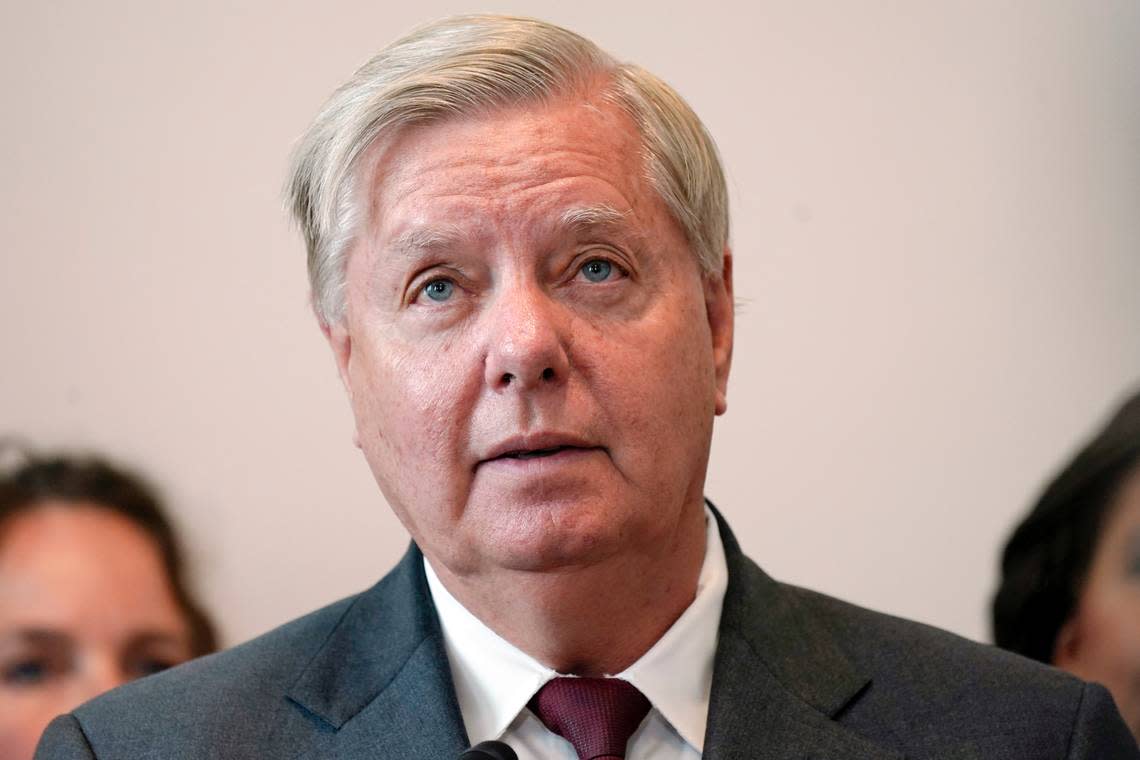US Supreme Court denies Lindsey Graham’s appeal to avoid subpoena on 2020 election
Sen. Lindsey Graham has lost his last-ditch appeal to the U.S. Supreme Court to intervene in a court order that he testify about phone calls he made to Georgia election officials after former President Donald Trump lost the state and the election in 2020.
Graham’s testimony is scheduled for Nov. 17.
Last week, Justice Clarence Thomas, who oversees appeals from the Atlanta-based 11th Circuit Court, issued a temporary freeze as Graham has continually court challenged a Fulton County grand jury subpoena for his testimony as part of a broader investigation into whether he and other Trump allies pressured election officials to change the 2020 outcome.
However the U.S. Supreme Court Tuesday denied Graham’s request to block the subpoena, upholding a decision by a three-judge panel of the 11th Circuit which denied Graham’s appeal Oct. 20.
A district court, however, has ruled that Graham cannot be questioned about activities protected by the speech and debate clause for legislators in the U.S. Constitution.
“The lower courts assumed that the informal investigative fact-finding that Sen. Graham assertedly engaged in constitutes legislative activity protected by the speech or debate clause ... and held that Sen. Graham may not be questioned about such activities,” the order from the Supreme Court reads.
The Supreme Court order allows Graham to return to a federal court if there is any dispute regarding the application of the speech and debate clause.
“Today, the Supreme Court confirmed that the Constitution’s Speech or Debate Clause applies here,” Graham said in a statement after the order was released. “They also affirmed that Senator Graham ‘may return to the District Court’ if the District Attorney tries to ask questions about his constitutionally protected activities. The Senator’s legal team intends to engage with the District Attorney’s office on next steps to ensure respect for this constitutional immunity.”
Graham, in York County last week, said requiring his testimony would “create chaos” for members of Congress who are only trying to do their jobs.
“If every county prosecutor could start questioning what a senator did when they are acting within the scope of their job, it would create chaos,” Graham said.
“The Constitution has two concepts, speech and debate and sovereign immunity,” Graham continued. “We have to allow people in Washington to make decisions that don’t subject them to harassment and politically motivated activity throughout the country. If every time we take votes and somebody doesn’t like what we did or questioned what we did, it breaks down the whole system.”
The Associated Press contributed to this report.


